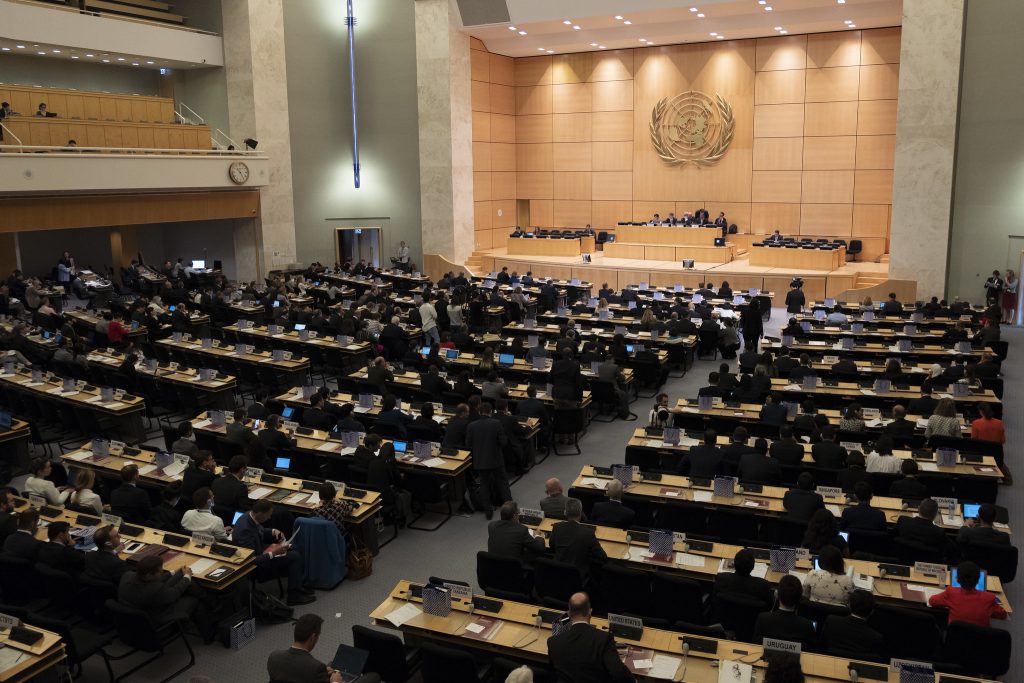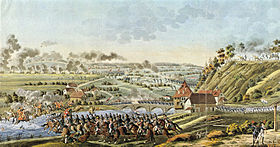A closer look on the key events on this day in history:
In 1979, The US space probe Voyager 1 flies by Jupiter’s moon Io.
Io is the innermost moon in Jupiter’s orbit and was discovered by Italian astronomer Galileo in 1610. It is the most volcanically active body in our entire solar system. When the Voyager 1 passed by the moon, it observed 9 active volcanoes on its surface, which spewed silicate lava as hot as 1,630 °C several kilometers into space. Analysis two decades later showed that Io may actually have up to 300 active volcanoes on its surface.
In 1970, The Nuclear Non-Proliferation Treaty enters into force
The NPT was signed by nuclear powers China, Russia, U.S., U.K., and France in 1968 in the midst of the Cold War to prevent the proliferation of the nuclear weapons, the promotion of peaceful uses of nuclear energy as well as the disarmament of nuclear countries. It has since been ratified by 190 nations around the world.

A general view of participants during the opening session at a of the Treaty of the Non-Proliferation of Nuclear Weapons. 23 April 2017. UN Photo / Jean-Marc Ferré
In 1946, British Prime Minister Winston Churchill uses the term “Iron Curtain”
In a speech at Fulton, Missouri, Churchill described how “from Stettin in the Baltic to Trieste in the Adriatic, an iron curtain has descended across the Continent.” Although the term had been used as a metaphor in the past, it was only popularized when the the Prime Minister used it to explain the ideological, military and political separation of the Soviet Union and its eastern and central European allies from the West and other non-communist states.
In 1798, Napoleon invades Switzerland
Political power in early modern Switzerland was made up of a Confederation of the Thirteen Cantons. However, there was no central government and as a result, the cantons were unable to resist the forces of the French Revolution and Napoleon Bonaparte’s invasion. Napoleon effectively abandoned the ancient political system and established the Helvetic Republic which lasted until 1803.

Contemporary drawing of the Battle of Neuenegg, 5 March 1798. Bernese heavy cavalry (red) mounts an attack against French dragoons on the river Sense
In 1770, the Boston Massacre takes place





